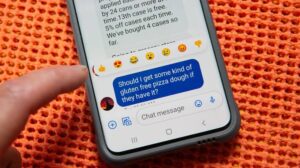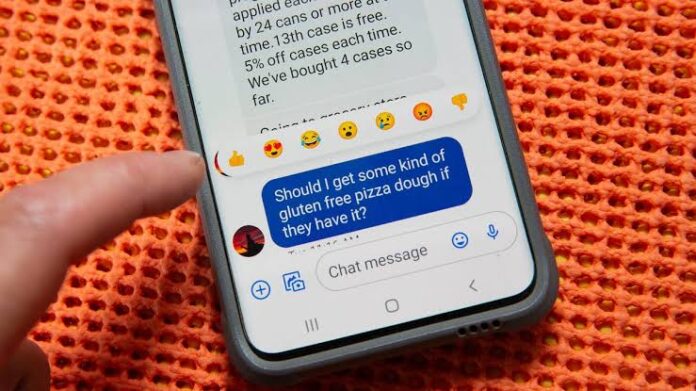Google Messages, the company’s messaging app, has become the most downloaded free app on the Play Store. This might seem like good news, but some experts are worried about what it means for the future of texting on Android phones.

The Benefits of RCS Messaging
One reason Google Messages is gaining popularity is because of a new texting standard called RCS. RCS offers features like better quality photos and videos, read receipts, and typing indicators, similar to what iPhone users experience with iMessage.
For many years, texting on Android phones relied on SMS, which is outdated and has limitations. Google has been pushing for RCS as a replacement, and carriers are finally starting to support it. This is good news for Android users who want a better texting experience.
Why Some Are Concerned
However, there’s a catch. Google isn’t sharing its RCS technology with other app developers. This means that if you want to use RCS features, you pretty much have to use Google Messages. This is concerning because it limits user choice.
In the past, Google criticized Apple for not supporting RCS and argued for a more open system. Now, some people feel Google is acting similarly by keeping RCS to itself.
Is There Another Way?
Some argue that other messaging apps can develop their own solutions or use different APIs (application programming interfaces) to enable features like RCS. However, this isn’t a simple solution, and it could create a fragmented messaging landscape where some apps work well together and others don’t.
What Does the Future Hold?
The situation with Google Messages and RCS is complex. While RCS offers clear advantages, Google’s control over the technology raises concerns about user choice. It’s unclear at this point how things will play out. Here are some possible scenarios:
- Google opens up RCS: Google might decide to share its RCS technology with other developers, creating a more competitive and open messaging ecosystem.
- Third-party apps find workarounds: Developers of other messaging apps might find ways to offer similar features to RCS without relying on Google’s technology.
- Google maintains control: Google might continue to keep RCS exclusive to Google Messages, potentially limiting user choice in the long run.
What Can You Do?
For now, Android users who want the benefits of RCS will likely need to use Google Messages. However, it’s important to stay informed about the situation and voice your opinion if you’re concerned about Google’s control over texting technology. The future of texting on Android phones depends on how Google and other players approach this issue.




